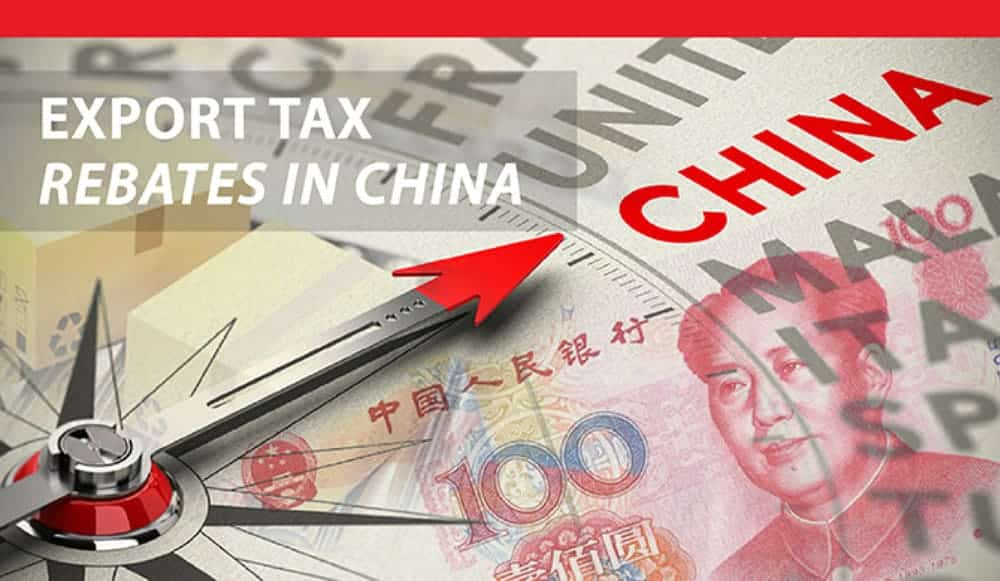
China’s export tax rebates are intended to help stimulate the domestic economy by encouraging exports. The Chinese government has established five main tax rebate rates for different export commodities, which are 17%, 13%, 11%, 8%, and 5%.
What is an export tax rebate? What are the benefits?
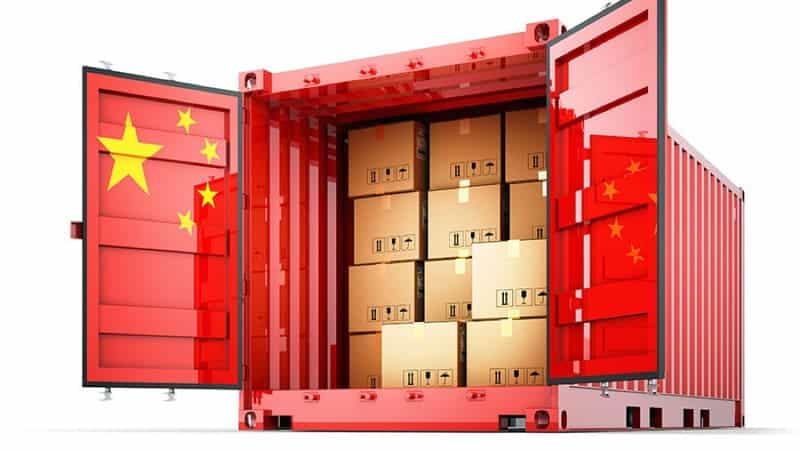
Export tax rebate, which can also be understood as export tax exemption. It is a welfare policy introduced by the Chinese government for the export business of cross-border enterprises, so the cross-border enterprises can save costs in the export and sourcing process.
The tax rebate mentioned here refers to China’s exemption of VAT for cross-border enterprises in the export process, and the payment of VAT to suppliers by cross-border enterprises in the procurement process.
Why should I apply for an export tax rebate?
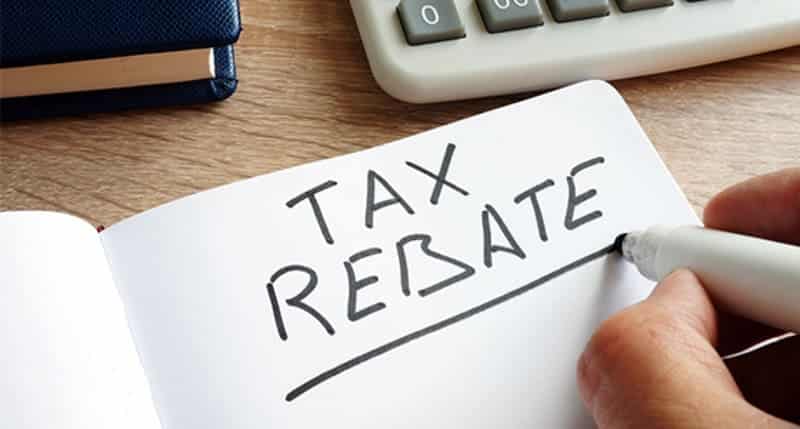
Because it allows businesses to gain revenue. The tax rebate rate for cross-border enterprises is generally 10% to 13%, and the rate of tax refund is not low. Moreover, China’s export tax rebate, which is efficient and short, allows enterprises to get money quickly.
It is worth mentioning that export tax rebates have to be prepared with various documents and vouchers, which can be helpful for the compliance transformation of enterprises.
In short, export tax rebates are a legitimate way for cross-border enterprises to “bleed back”.
What are the different forms of export tax rebates?
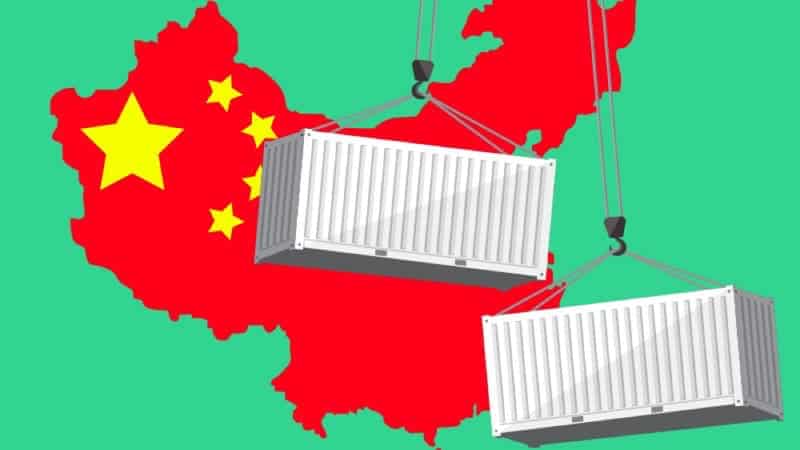
1. General export trade tax rebate
General trade, this kind of tax rebate is for the trade of large volume export, generally overseas warehouse (sea, air, express) delivery, FBA (sea, air, express) delivery.
2. 9610 export trade tax rebate
9610 customs declaration for export is aimed at small quantities, which is commonly known as the collection mode, such as international express.
Cross-border enterprises use the “single inspection and release, aggregate declaration” to deliver the data to the taxation and foreign exchange management departments to achieve tax rebates.
What is the process of export tax rebates?
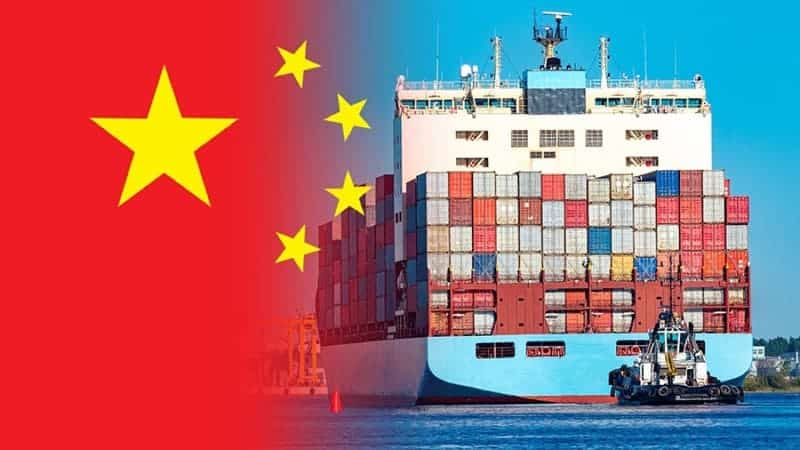
1. Suppliers of goods need to issue invoices within one month after export.
2. After the enterprise gets the VAT invoice, it carries out relevant checks and verifications and enters the tax system for certification.
3. After the certification passes for a period of time, the customs issues the export information and invoice information.
4. The seller enters the tax refund system to check the relevant information and input the invoice and customs declaration information.
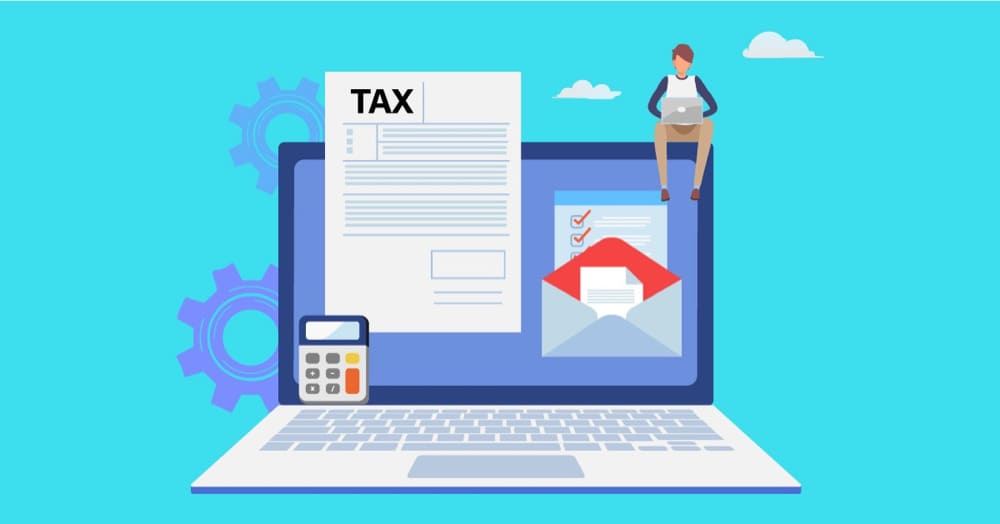
5. Make pre-declaration. Pre-declaration information is transmitted to the tax system, and the system carries out pre-screening.
6. Formally declare, documents and certificates are incorporated into the record and wait for the allocation of a tax refund.
What are the tips about export tax rebates?
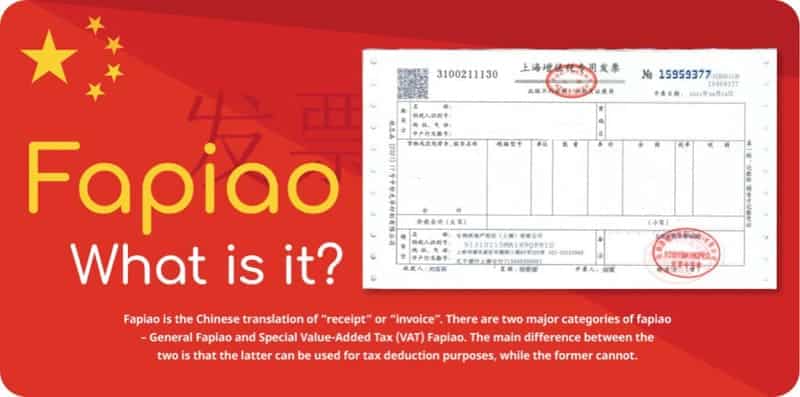
1. The request for a VAT invoice from the supplier enterprise is to be completed within 30 days after the goods are declared for export.
2. The tax refund declaration procedure has to be completed within 90 days after the goods are declared for export.
3. The declaration of foreign exchange is to be done within 180 days after the goods are declared for export. If delayed by certain factors, remember to apply to the Foreign Exchange Bureau for an extension of filing.
4. The time point must be firmly grasped, if overdue, there may be a letter transfer, resulting in the extension of the tax refund time, and even affecting the success of the tax rebate or not.
What “pits” should be avoided for an export tax rebate?

Many financially compliant companies will fail to get their tax rebates for one reason or another in the process of export rebates.
This is mostly because they are not familiar enough with the process and regulations of tax rebates, and step into the pitfalls in the process of daily operation and execution of tax rebates for their enterprises.
1. Unstandardized invoices
If you maliciously issue false invoices, obtain out-of-control invoices, or irregular and abnormal vouchers, you may be stopped from tax rebate rights and face huge fines.
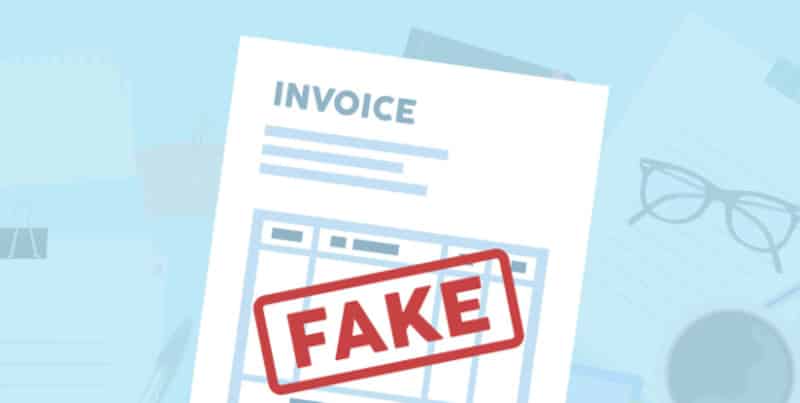
The enterprises with two serious violations will also be prohibited from applying tax exemption policies.
2. Incautious screening of suppliers
In the process of exporting goods, the tax authorities will inevitably issue a letter of inquiry.
At this point, if the tax authorities judge that the supplier of the goods has “insufficient capacity” to produce the exported goods.

Both the cross-border enterprise and the supplier of the goods may be suspected of “false invoicing”, and be required to pay VAT, or even the goods may be treated as domestic sales.
3. Incomplete documents
Incomplete export documents will be chased by tax authorities for tax payment and late payment and will be fined if the circumstances are more serious.
Therefore, in the process of export tax rebates, it is necessary to pay attention to the filing and record of relevant documents.
